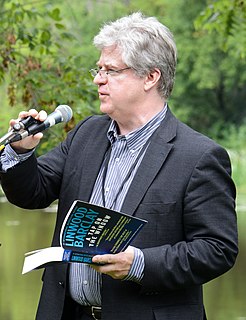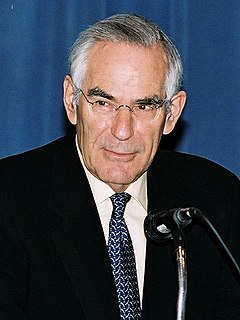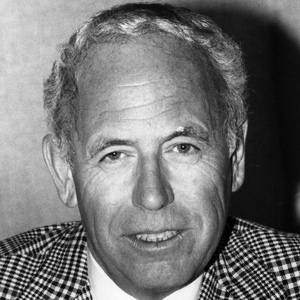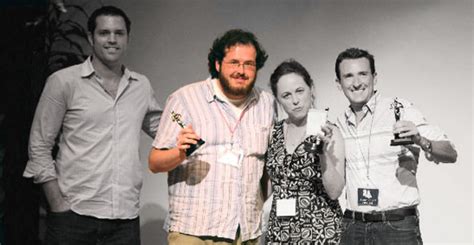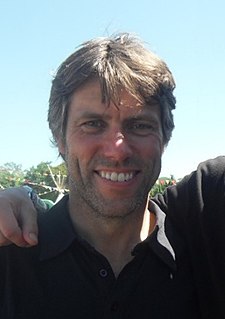A Quote by Linwood Barclay
Before I left the 'Star' last year to write books full-time, I welcomed catastrophe. It was material. Missed planes, broken pipes, dead lawns, digestive disorders, you name it, if it was something that had gone horribly wrong, it was worth banging out 600 words about.
Related Quotes
I set myself 600 words a day as a minimum output, regardless of the weather, my state of mind or if I'm sick or well. There must be 600 finished words — not almost right words. Before you ask, I'll tell you that yes, I do write 600 at the top of my pad every day, and I keep track of the word count to insure I reach my quota daily — without fail.
I'd have a stable full of Arabian steeds, rooms piled with books, and I'd write out of a magic inkstand, so that my works should be as famous as Laurie's music. I want to do something splendid before I go into my castle,-something heroic, or wonderful,-that won't be forgotten after I'm dead. I don't know what, but I'm on the watch for it, and mean to astonish you all, some day. I think I shall write books, and get rich and famous; that would suit me, so that is my favorite dream.
There's a lot of material from my life in my books, but they're not really autobiographical, in the sense that they're not about my life. So, in 'A Feather on the Breath of God' I write about my parents, I write about this Russian immigrant, I write about the world of dance, but it isn't an autobiography; so much is left out.
In this moment she felt that she had been robbed of an enormous number of valuable things, whether material or intangible: things lost or broken by her own fault, things she had forgotten and left in houses when she moved: books borrowed from her and not returned, journeys she had planned and had not made, words she had waited to hear spoken to her and had not heard, and the words she meant to answer with. . . .
I don't want to write things that people don't want to read. I would have no pleasure in producing something that sold 600 copies but that was considered very wonderful. I would prefer to sell 20,000 copies because the readers loved it. When I write books I don't actually think about the market in that way. I just tell myself the story. I don't think I'm talking to a 10-year-old boy or a six-year-old girl. I just write on the level the story seems to call for.
It was as if the demise of the owner had lent the flat a physical void it hadn't had before. At the same time he had the feeling that he wasn't alone. Harry believed in the existence of the soul. Not that he was particularly religious as such, but it was one thing which always struck him when he saw a dead body: the body was bereft of something...the creature had gone, the light had gone,there was not the illusory afterglow that long-since burned-out stars have. The body was missing its soul and it was the absence of the soul that made Harry believe.
My first plays were amazingly bad, but I had a teacher who thought I had promise, and he kept working with me. I finally went to a summer workshop before my senior year with people like Sam Shepard and Maria Irene Fornes who encouraged me to write from my subconscious, and suddenly all this material about culture clash came out.
There is a time in our lives, usually in mid-life, when a woman has to make a decision - possibly the most important psychic decision of her future life - and that is, whether to be bitter or not. Women often come to this in their late thirties or early forties. They are at the point where they are full up to their ears with everything and they've "had it" and "the last straw has broken the camel's back" and they're "pissed off and pooped out." Their dreams of their twenties may be lying in a crumple. There may be broken hearts, broken marriages, broken promises.
